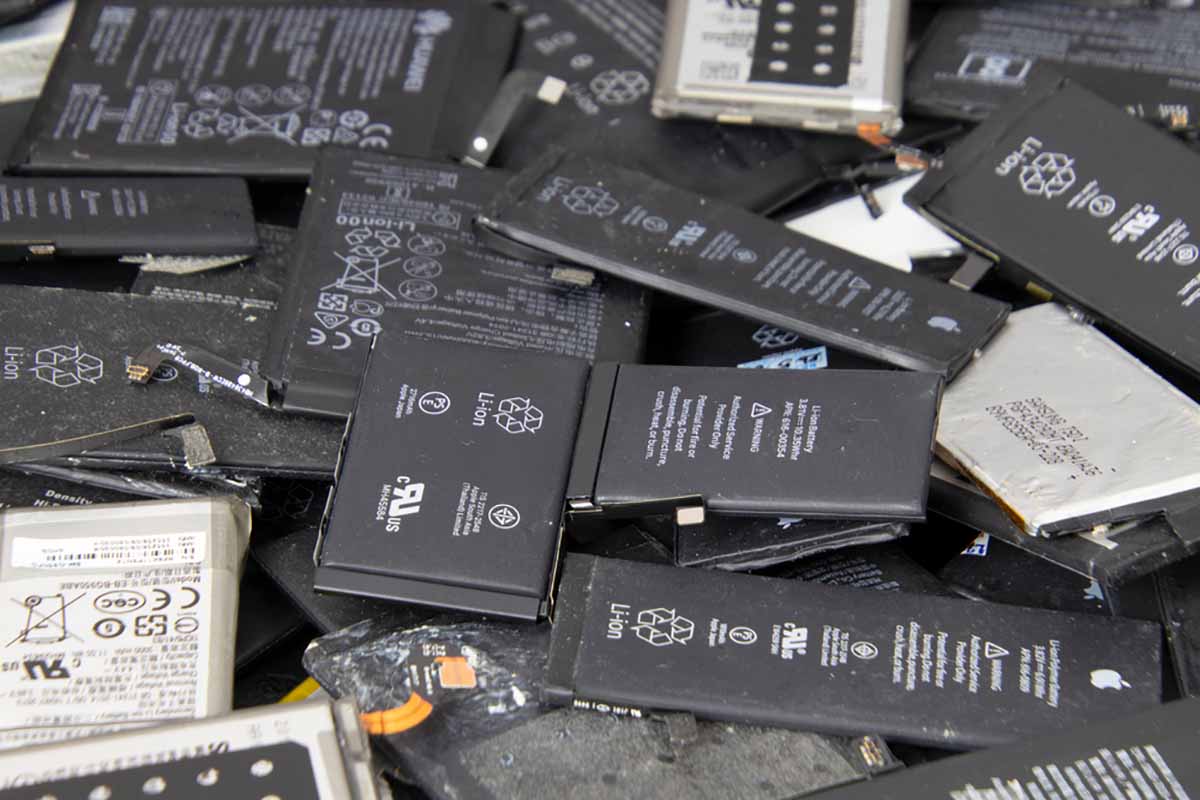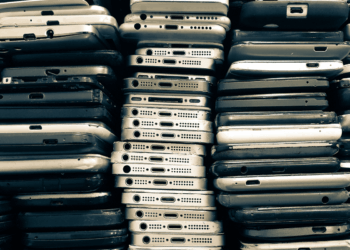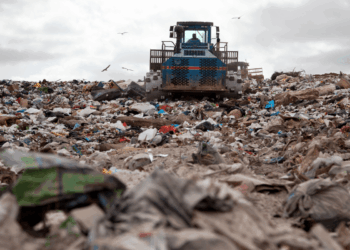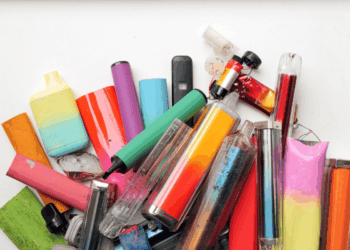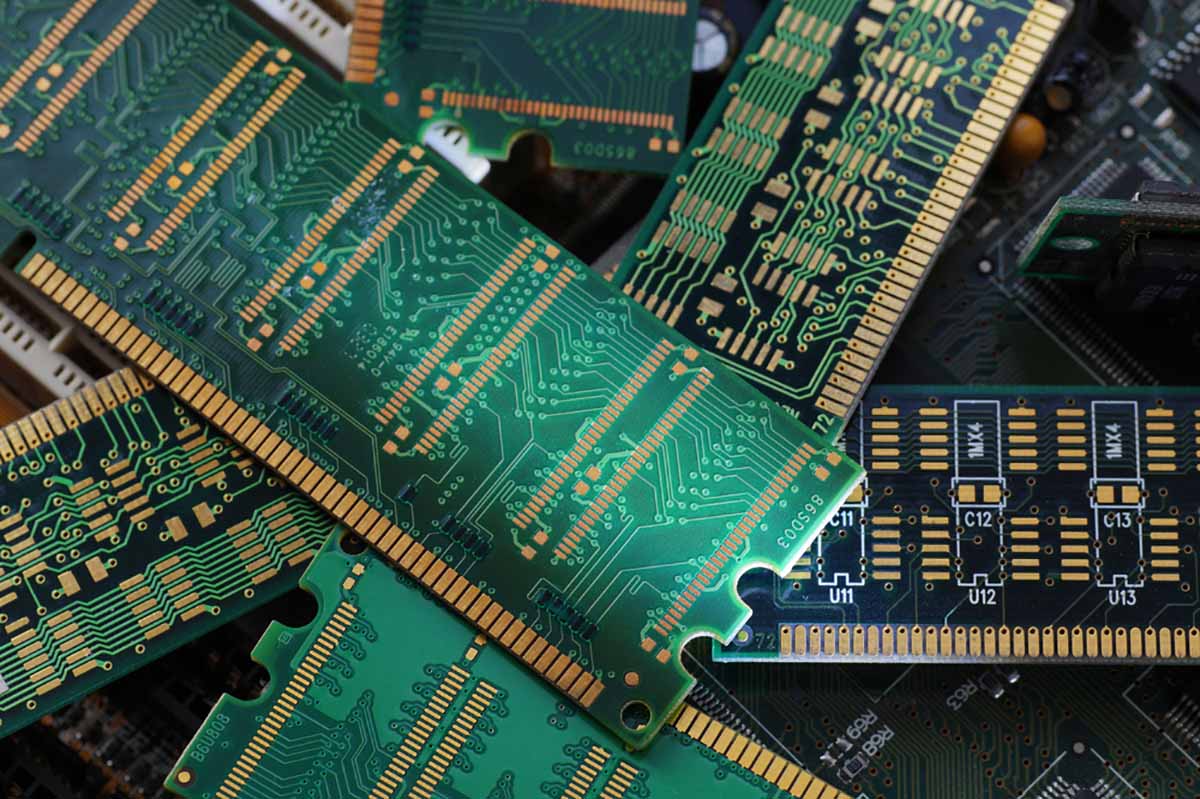Leaders of an effort to recycle mobile phone batteries collected from West Africa recently outlined challenges and successes during their 18-month pilot project.
Closing the Loop, an Amsterdam-based company with e-scrap collection networks set up throughout Africa, provides an “offset” service for wireless industry stakeholders. Under this system, Closing the Loop facilitates collection of end-of-life phones based on the number of new ones put on the market by its customers.
In late 2017, Closing the Loop set its sights on additional types of e-scrap to collect in this fashion, starting with mobile phone batteries. The company launched a pilot project with Dutch device producer Fairphone, aiming to collect batteries from West Africa and transport them to countries with adequate processing infrastructure.
This is similar to the mobile phone “offset” service, but batteries have until now been excluded from the service “because of the extra care that needs to be taken due to their hazardous nature,” Closing the Loop wrote in a recent report covering the project.
The pilot collection program kicked off in Nigeria in 2018 and continued through April 2020.
Closing the Loop worked with Verde Impacto, a Nigerian environmental services company, to facilitate local collection of batteries. Verde Impacto worked with the informal collection sector to source batteries, and local e-scrap firm Hinckley Recycling oversaw regulatory compliance for transportation and shipping.
Throughout the 18 months of collection, the project accumulated about 11,000 pounds of batteries, primarily from mobile phones. The total also included a small quantity of laptop batteries. The batteries were delivered to a partner recycling company in Belgium.
“A key difference between phones and batteries was the extra complication related to shipping batteries, as well as the negative value of the waste,” Closing the Loop wrote in the report.
Regulatory and financial barriers
Lithium-ion battery transportation has to follow strict battery packing and storing instructions, along with other extra safety regulations that are not required for non-battery shipments, according to the report. Because this was the first project of its kind in Nigeria, local logistics operators were not very familiar with transportation requirements for these batteries, the project team found.
Another challenge came in the finances of dealing with batteries. One major cost was the price to purchase batteries from the informal sector.
“Though details cannot be shared, the price that had to be paid per kilo of batteries far exceeded the material value of the batteries after recycling,” the report states. “This was because of the cost required to motivate collectors to make the effort to safely and responsibly collect these batteries.”
Some of the funding came from existing Closing the Loop customers, including Fairphone and the Dutch government. To make the system more sustainable, Closing the Loop recommended developing a financing model such as its “Waste Compensation” system. Under this model, device producers add a small upfront fee on their products, money that is remitted to Closing the Loop to finance the “offset” collection.
Despite the challenges, the partners consider the project a success, according to the report. Closing the Loop is currently working to collect more batteries for a second shipment through this system, and it plans to involve more stakeholders from the e-scrap industry moving forward.







